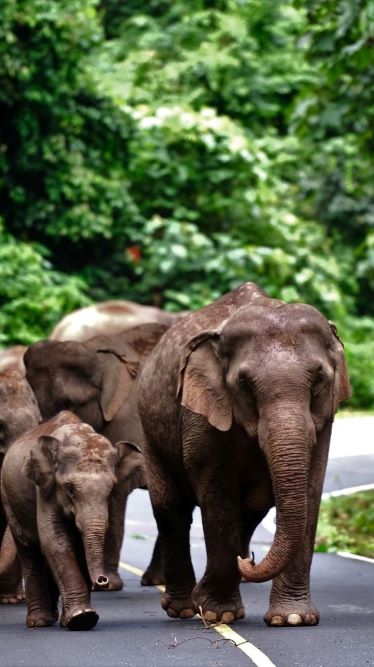WHEN TO GO & WEATHER (Thailand)

-
North/Central
Bangkok, Chiang Mai, Chiang Rai, Nan, Chiang Kham, Kanchanaburi, Issan
In the north of Thailand, the dry season runs from November to May/June, with little if any rain expected throughout the region for much of this time. After the cooler winter months, from mid-January temperatures start to rise, peaking between March and May when it is not unusual for the mercury to break into the high 30’s and even 40°C+ especially in the central regions. These sky-high temperatures can last well into the rainy season, however with the rain comes cloud cover and a rise in the humidity, making travel less comfortable.
The south-west monsoon usually arrives between May and July. Initially the rain usually comes in the form of short downpours, lasting an hour or two, clearing the way for warm, clear skies. As the rainy season progresses, the rain can becomes heavier and more constant, traditionally reaching peak levels in August and September. In the early wet season (June to August) temperatures generally remain high (avg daily temp: 28 °C-34°C), although they drop dramatically in the winter months of October and November.
By November, the rainfall and hot, sticky weather will have decreased significantly, with dry weather returning for the next six months. From October to January, temperatures can be relatively cool, especially in the north of the country at higher altitude (avg daily temp: 17°C -26°C). Throughout the region at this time of year, evenings can be chilly due to the lack of cloud cover and the temperatures relatively low. -
Gulf of Thailand
Koh Samui, Koh Phan Ngan, Koh Tao, Khanom, Hua Hin & Cha Am
Thailand’s east coast has three defined seasons. From December to February you can expect good weather, with little if any rain, and refreshing winds helping to keep temperatures more moderate. Because of the winds, the sea can be a little ‘dynamic’ creating ideal conditions for water sports enthusiasts.
From March, temperatures will start to rise (avg daily temp: 29°C - 35°C), usually reaching peak levels in April and May.
Whilst initially rainfall remains unlikely, by June a little rain becomes is expected, usually in the form of an hour-long afternoon downpour, clearing the way for more blue skies and bright sunshine. In late-August/September the monsoon is expected, bringing with it plenty of rainfall and a rise in humidity. Temperatures are still in the 30ºC's however and you can expect sunny spells interspersed with rainy periods.
Rainfall usually peaks between October and November. Despite being on the Gulf of Thailand coastline, Hua Hin & Cha Am experience slightly different rain patterns with serious rainfall only occuring in September and October. Another slight anomaly are the islands of Koh Chang and Koh Kood that sit on the eastern side of the Gulf of Thailand and experience similar weather patterns to the beaches along the Andaman Sea coast with wet season occurring between May and October. -
Andaman Sea, Khao Sok
Phuket, Krabi, Koh Phi Phi, Khao Lak, Koh Lanta, Koh Kood, Koh Chang, Khao Sok National Park
Thailand’s west coast has three defined seasons. From November to March, many consider conditions to be at their best with a cooling wind keeping the sky-high summer temperatures at bay and making the daytime more comfortable (avg daily temp: 26°C -32°C). Thanks to the breeze, the humidity levels are lower than later in the year.
From March through to May the temperatures rise (avg daily temp: 30°C-36°C) as the cooling winds depart and the humidity rises.
Come late May, monsoonal weather will usually have arrived, which is expected to last through to October. Peak rainfall levels are usually experienced between mid-September and mid-October. Outside of these months, the rain will often come in a short, heavy downpour, usually in the afternoon.
Khao Sok National Park in southern Thailand follows the same weather patterns as the Andaman Sea coastline, experiencing most rainfall between May and October, although being one of the wettest areas of the country, rain showers can be expected year round. Wet season is actually a good time of year to visit the National Park as average temperatures are a comfortable 25-26°C, the rainforest is green & lush, and there is more chance of spotting wildlife.
- Tourist Visa Exemption (Visa Waiver Stamp): Thailand free of charge for a stay of up to 30 days without a visa and most eligible nationalities get 30 days stay whether arriving by land or air.
- Visa on Arrival (not the same as an Exemption): Visitors from Andorra, Bulgaria, Bhutan, China, Cyprus, Ethiopia, Fiji, India, Kazakhstan, Latvia, Lithuania, the Maldives, Malta, Mauritius, Papua New Guinea, Romania, San Marino, Saudi Arabia, and Taiwan can get a Visa on Arrival which allows a 15-day stay. You will need to pay a fee of 2000 baht, provide a photo and fill out an application form before reaching Immigration at your first port of entry in Thailand, usually Bangkok Suvarnabhumi or Don Mueang Airport.
- Tourist Visa: if you are not eligible for any of the above, or you wish to stay longer than 30 days, you can apply to your local Thai Embassy or Consulate for a Single Entry Tourist Visa (SETV), which allows a 60-day stay at a cost of 1000 baht or local currency equivalent. A Multiple Entry Tourist Visa (METV) obtained only from the Thai Embassy or Consulate in the passport holder’s country of residence is available for an unrestricted number of entries within 6 months of the first entry, with a maximum of 60 days per entry.
- Cash on hand: The Thai government has toughened the regulations concerning the amount of cash that tourists are required to be carrying to cover travel expenses. All those arriving on tourist visas, visas on arrival and exemptions now need to have 20,000 baht for individuals (40,000 baht for families) or its equivalent in hard currency in cash. Credit cards and bank statements are not acceptable. This requirement is rarely checked for tourists arriving from wealthy, western countries, and only sporadically controlled for travelers from developing or emerging nations, but the fact is, it’s on the books.
- Visa Extention: Exemptions and Tourist Visas, both Single Entry and Multiple, can be extended once for each entry, for up to 30 days.
- Re-Entry Permit: You can apply for a Re-Entry Permit if you are in Thailand on any kind of visa, including a Visa on Arrival or a 60-day Tourist Visa, and you wish to make a short trip outside the country and still use the balance of time left on the visa when you return.
- Other Visas: Thailand offers other visas in addition to those above for specific categories of visitor.
-The official currency of Thailand is the Thai Bath.
Coins come in denominations of: 1, 2, 5 and 10 baht, as well as 25 and 50 satang.
Banknotes come in denominations of: 20, 50, 100, 500 and 1000 baht.
- CASH:
Exchanging cash in Thailand is easy, you can change cash at the airport because it’s not surcharges or commissions and you do not need to buy any Thai baht before arriving in Thailand.
ATMs
Most Thai banks now charge a 200 bath fee per withdrawal when you use their ATMs with a foreign card. The exception is AEON machines found in many big stores such as Tesco Lotus and major shopping malls like Terminal 21. They charge 150 baht.
- Helpfull travel websites and advice for Thailand are:
- Asia Dave - the simple most helpful website for planning our trip
- Phuket 101 was wonderful. Fantastic lists of best beaches, best hotels, and best attractions.
- Jamies Phuket was also very helpful and taking the train
- Seat61- Thailand is an amazingly informative site.
1. Airport Rail Link (the Suvarnabhumi Airport rail link provides speedy rail service from the airport to central Bangkok - Typical cost: 15 and 45 baht one-way)
2. Taxis (public taxis are the most popular way to get into town, and the most convenient in terms of door-to-door service - Typical cost: 250 to 400 baht in total)
3. PRIVATE TRANSFER (You could arrange in advance for your hotel to pick you up - Typical Cost: 1200 to 2000 baht)
4. Airport Authority of Thailand ( Limousine service - Typical cost: 800 to 6000 baht)
5. PUBLIC BUS SERVICE ( Local bus fare varies - Typical cost: 12 and 36 baht)
Thai public holidays are
1.January 1 - New Years Day holiday.
2. Full moon, 3rd Thai Lunar mont( february) - Magha Buja.
3. 6 April - Chakri Memorial Day.
4. 13–15 April - Songkran festival .
5. May, arbitrary date - Royal Ploughing Ceremony and Farmer's Day.
6. 6th May - Vesak.
7. 28 July - H.M. the King's Birthday.
8. 8th july - Asalha Puja.
9. 8th July - Beginning of Vassa.
10. August 12-13 - HM The Queen's Birthday holiday.
11. 13 October - H.M. King Bhumibol Adulyadej Memorial Day.
12. 23 October - King Chulalongkorn Day.
13. 5 December - King Bhumibol Adulyadej's Birthday Anniversary.
14. 10 December - Constitution Day.
15. 31 December - New Year's Eve.
Thailand has one of the best metre-gauge rail systems in the world and train travel is easily the best way to get around & see the country. It's comfortable, safe, cheap & environmentally friendly. Unlike flying it's a genuine Thai experience which makes the journey as much a part of your trip as the destination. The train is the best way to travel between Bangkok & Chiang Maiand a train+ferry or train+bus combo is the best way from Bangkok to Ko Samui or Bangkok to Phuket or Krabi. There's also a Bangkok-Vientiane train service. Taking the train is a wonderful way to travel between Bangkok, Penang, Kuala Lumpur & Singapore, the 1,233-mile journey to Singapore takes 48 hours & costs a mere $60/£40 or so one-way
THAILAND: V.A.T Refunds
- A VAT refund will only apply if the goods purchased are taken out of Thailand within 60 days of purchase.
- You must be exiting Thailand via an international airport and not a land border.
- You must not be a Thai national or carry a Thai passport.
- You must not be using a diplomatic passport or be departing Thailand as an 'on-duty' airline crew member.
- The goods must be purchased from participating shops that display a "VAT Refund for Tourists" sign.
- You may not claim VAT refund for services or goods that you use or "consume" while in Thailand.
On any one day, the goods purchased from any one individual participating shop must be at least 2,000 Baht including VAT.
- Your total VAT Refund eligible purchases must be at least 5,000 Baht, including VAT.
- When you purchase the goods, ask the sales assistant to complete a VAT refund form, known as the P.P.10, and attach the original tax/sales invoices to that form. Each P.P.10 must show a value of 2,000 Baht or more.
- You will need to know the method or refund you would prefer, and input that onto the P.P.10 form.
- You will need to show your passport to the sales assistant when you purchase the goods, to allow her to fill in the above mentioned form.
- When you exit the country, the goods must be inspected by customs officers prior to check in and your completed P.P. 10's stamped. Show the customs officers your P.P.10's and original tax/sales invoices.
[Note: If you fail to have your P.P. 10's stamped by Thai Customs before departure you will not be entitled to the VAT refund- no exceptions.]
Tipping
Tipping is not customary in Thailand, there is absolutely no mandatory requirement to tip anyone, but small gratuities for great service are very much appreciated. Therefor, if the service is unacceptable or merely ordinary, you're free not to tip at all.
Etiquette
- King: The king is very highly regarded in Thailand and any act considered disrespectful of the king or royal family could subject you to severe penalties.
- Bangkok Taxi: When hailing taxis, it is common to keep your hand horizontal, fingers facing down. Holding your hand with fingers up is considered rude.
- Temples and Monks: When visiting temples, dress conservatively and always remove your shoes when entering temples.
- Hygiene: One of the most important points of etiquette often overlooked by some travellers is basic personal hygiene, Thai people take their personal hygiene and appearance.
- "Cool heart": You should calm attitude to various nuisances. Many things in Thailand often don't go according to plan. Only calm down and smile despite your annoyance, and in the end you will probably get what you want.
- The "Wai": The appropriate hand position and to whom, it is usually best just to acknowlege a 'wai' with a smile and a nod.
PERSONAL SAFETY
1. SUN: Thai have strong the sun. You need wear a hat, sunglasses, use a water resistant sunscreen with SPF 30 or more.
2. DRINKING WATER: Drink water in Thai is not clean, always keep a bottle for you to avoid dehydrating.
3. HOTEL: When you check into your hotel, it's a good idea to make a short 'safety inspection' and never leave your values in your room.
4. BEACHES: Never swim alone.
5. TAXIS: You shouldn't pick up taxis parked in front of hotels and tourist attractions.
6. TUK TUK: They are not the safest of transport.
7. BAGS: take good care of your personal items - your bags in particular.
8. LOOSE CASH: always aware of when you have to pay for something - some never your money fram.
9. JEWELRY: you shouldn't bring valuable jewelry.
10. FEST: never leave your drink and take never mind a drink from a stranger
11. ATMs: you should withraw of the cash machines you find in bank.
12. FAURD: Should you pay by card, so always make sure to double check amount before you enter the code.
13. NARCOTICS: never touch drugs in Thailand. The penalty is tough and you do not want to put you out with police.
14. GAMBLING is illegal in Thailand
15. ALWAYS BE AWEAR OF WHERE YOU ARE
16. Contact information of the Empassy your country in Thailand
17. PROTECT YOUR PASSPORT: In Thailand are required by law to identify themselves, so have therefore always a copy of your passport on you.
Important laws in Thailand:
1. Drug in Thailand having and holding for use, or being a producer, seller, or transporter are subject to the death sentence.
2. disrepecting in the Thai royal family.
3. Visas law in Thai. If you overstay your visa, you will be detained at the immigration detention center.
4. Driking law in Thailand (the drinking age in Thailand is 20, but you are illegal, if you will drinking olcoho in the following locations in Thailand. incluning: Temples or places of worship; Pharmacies; Public offices; Education institutions; Petrol stations and Public parks).
5. Photography law in Thailand. Street photography is generally allowed in Thailand, however there some places where you cannot take photos.
6. Gambling in Thailand Apart from the government-supported National Lottery and betting on horses at the racetracks, gambling is largely illegal in Thailand.
7. Littering fines in Thailand (fined up to 2,000 THB if you're caught littering on the sidewalk)
8. Passports and Thai law requires that travelers carry ID at all times.

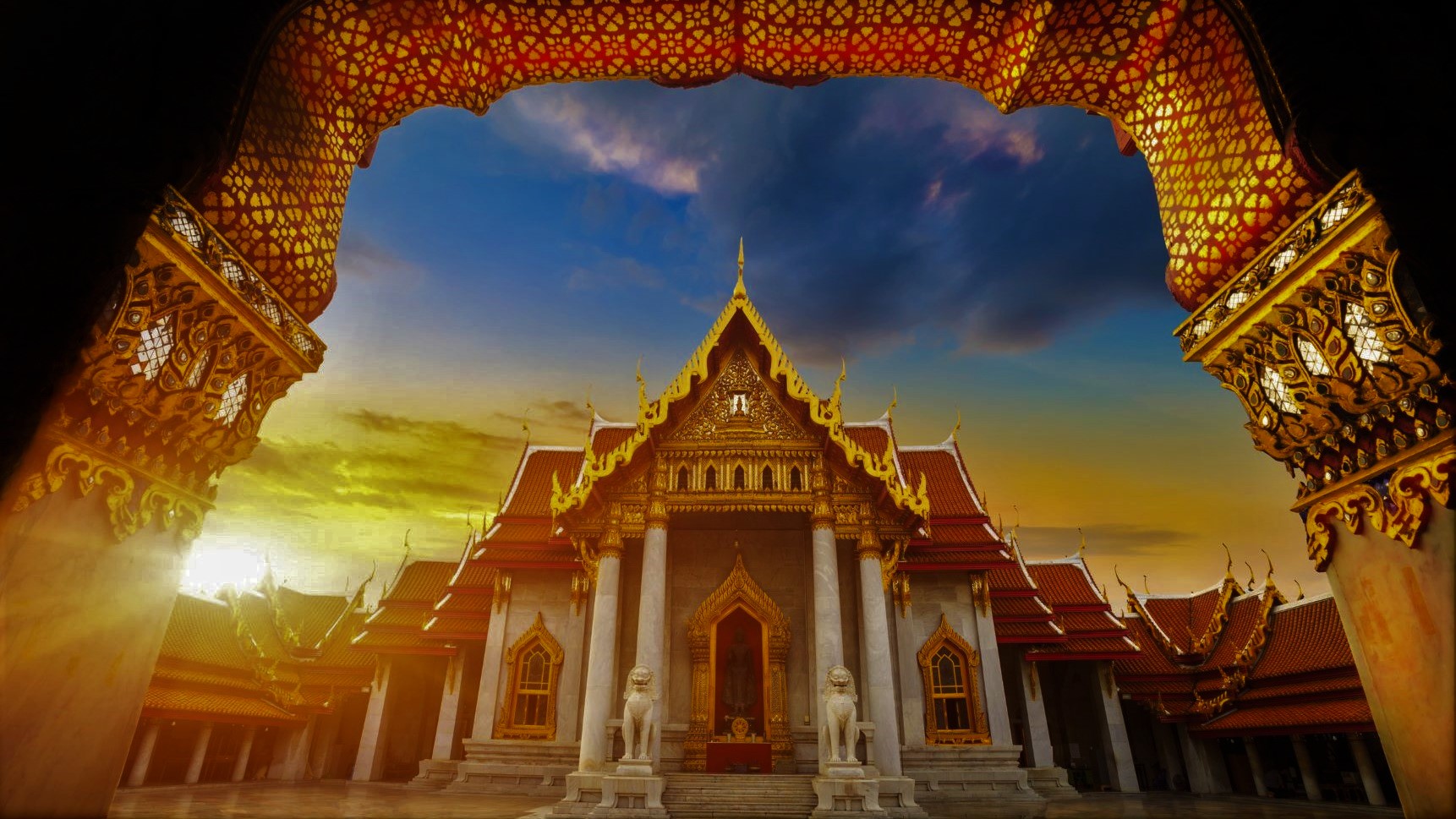






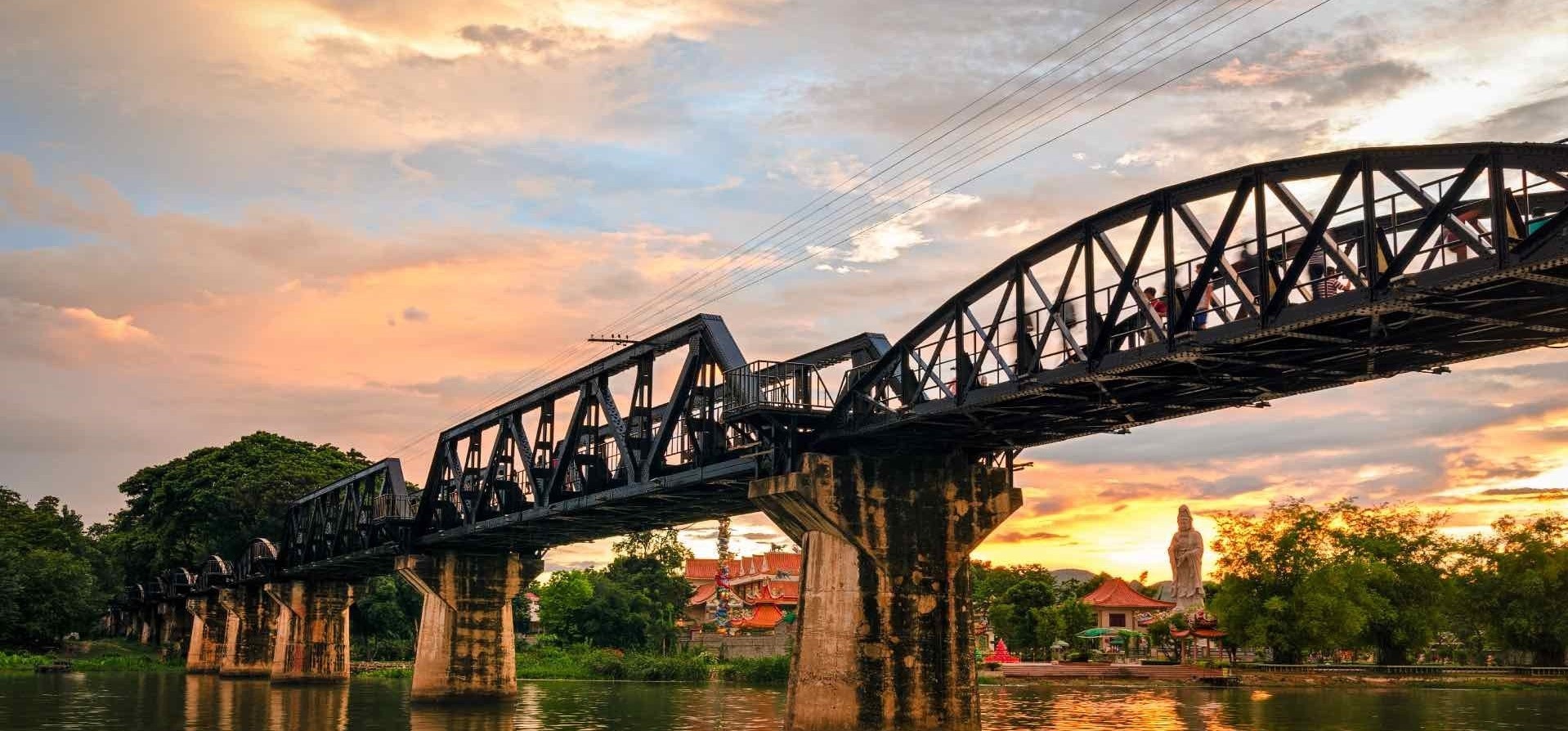


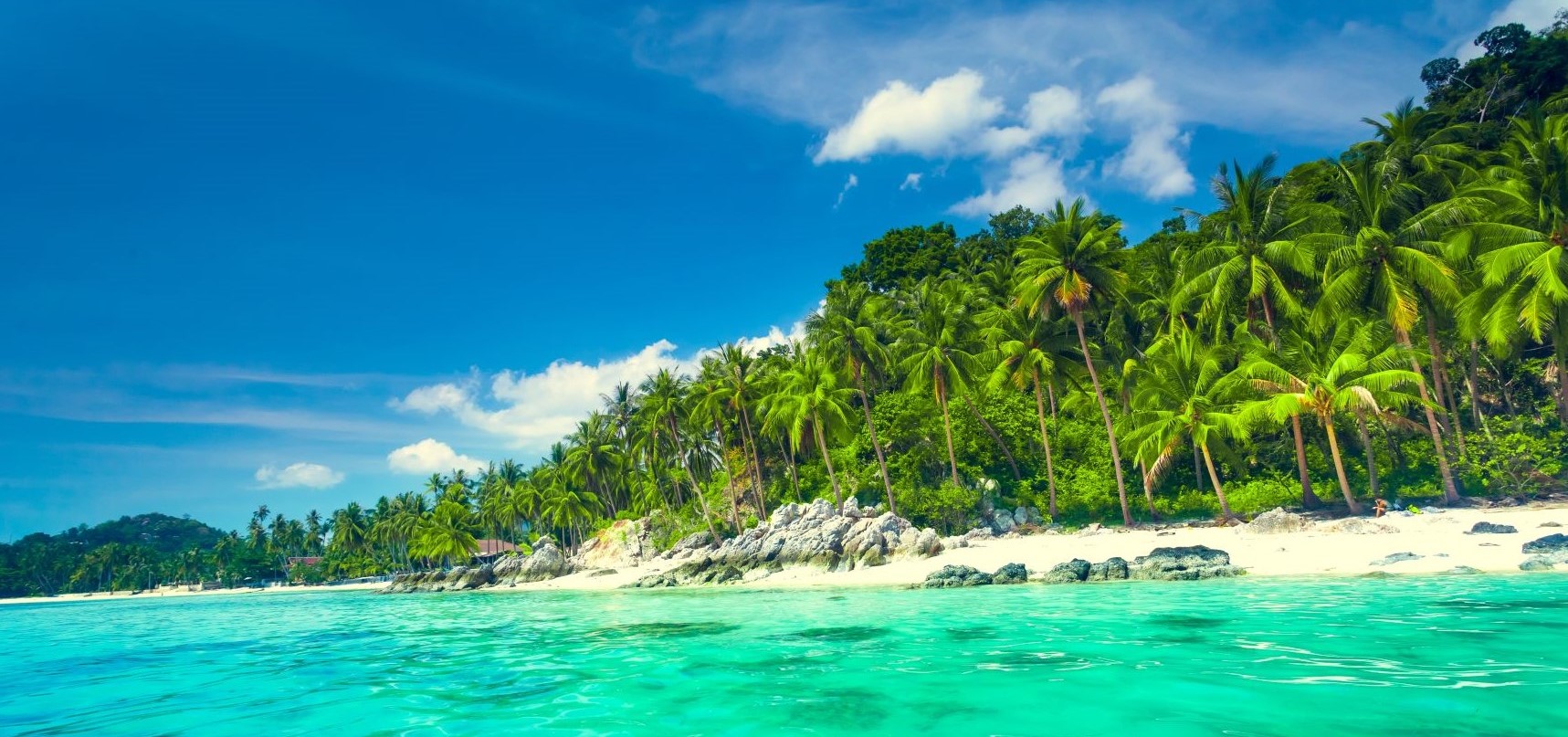
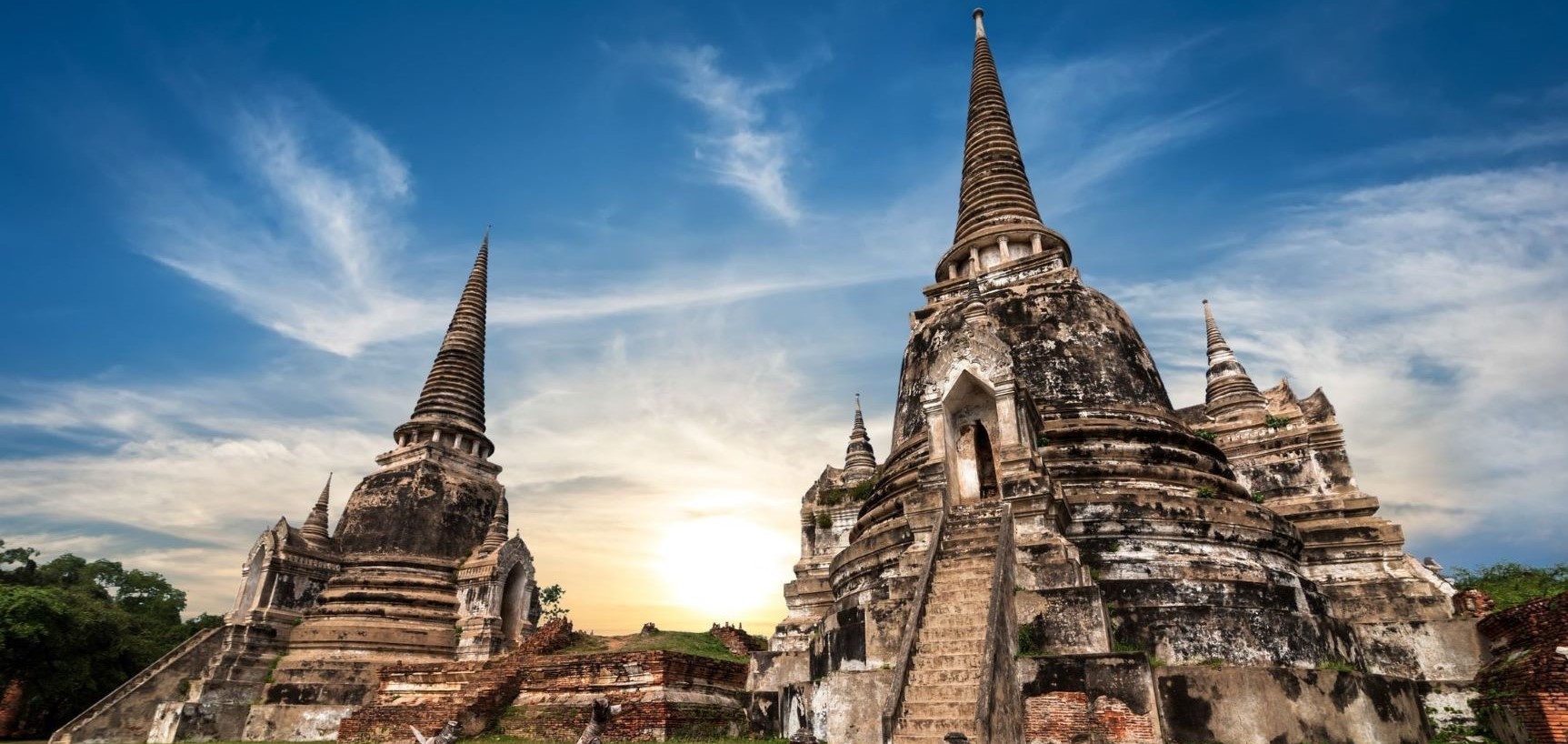
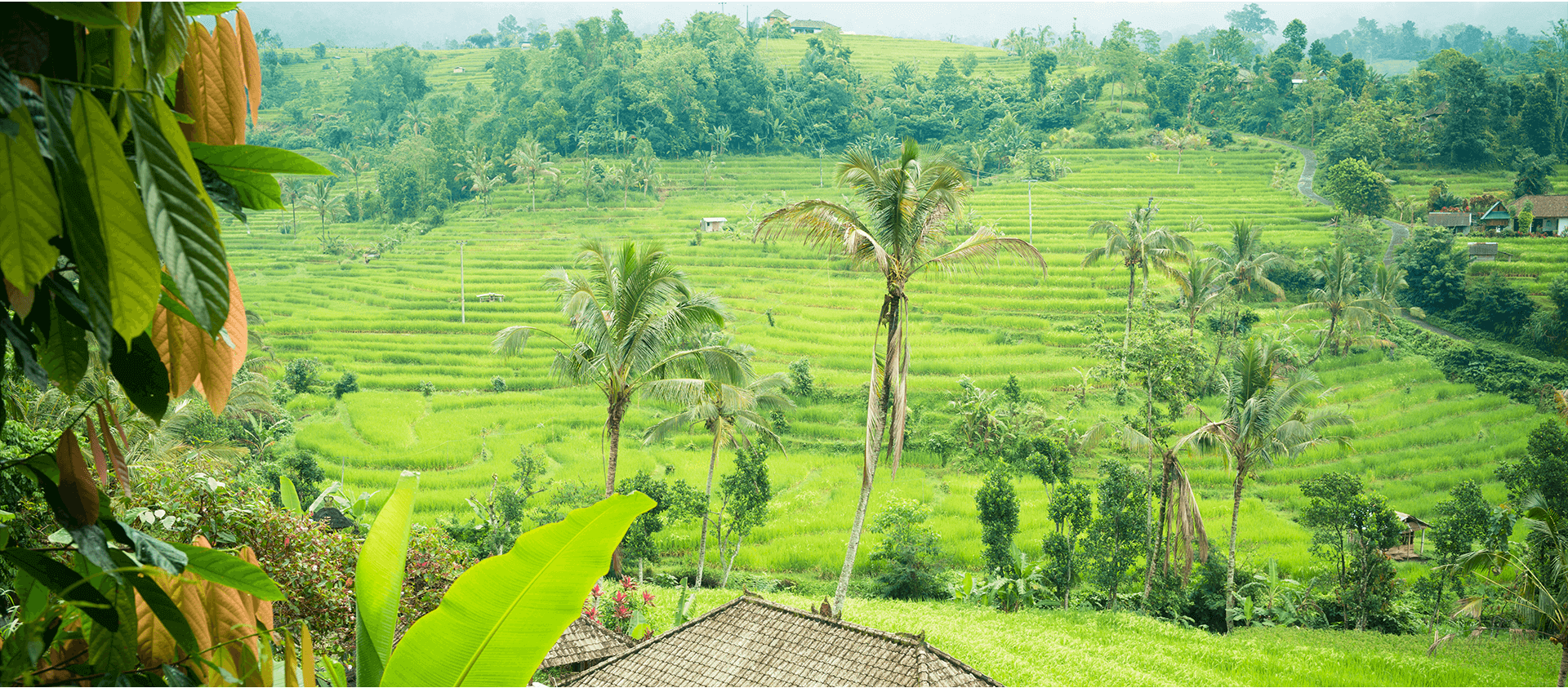
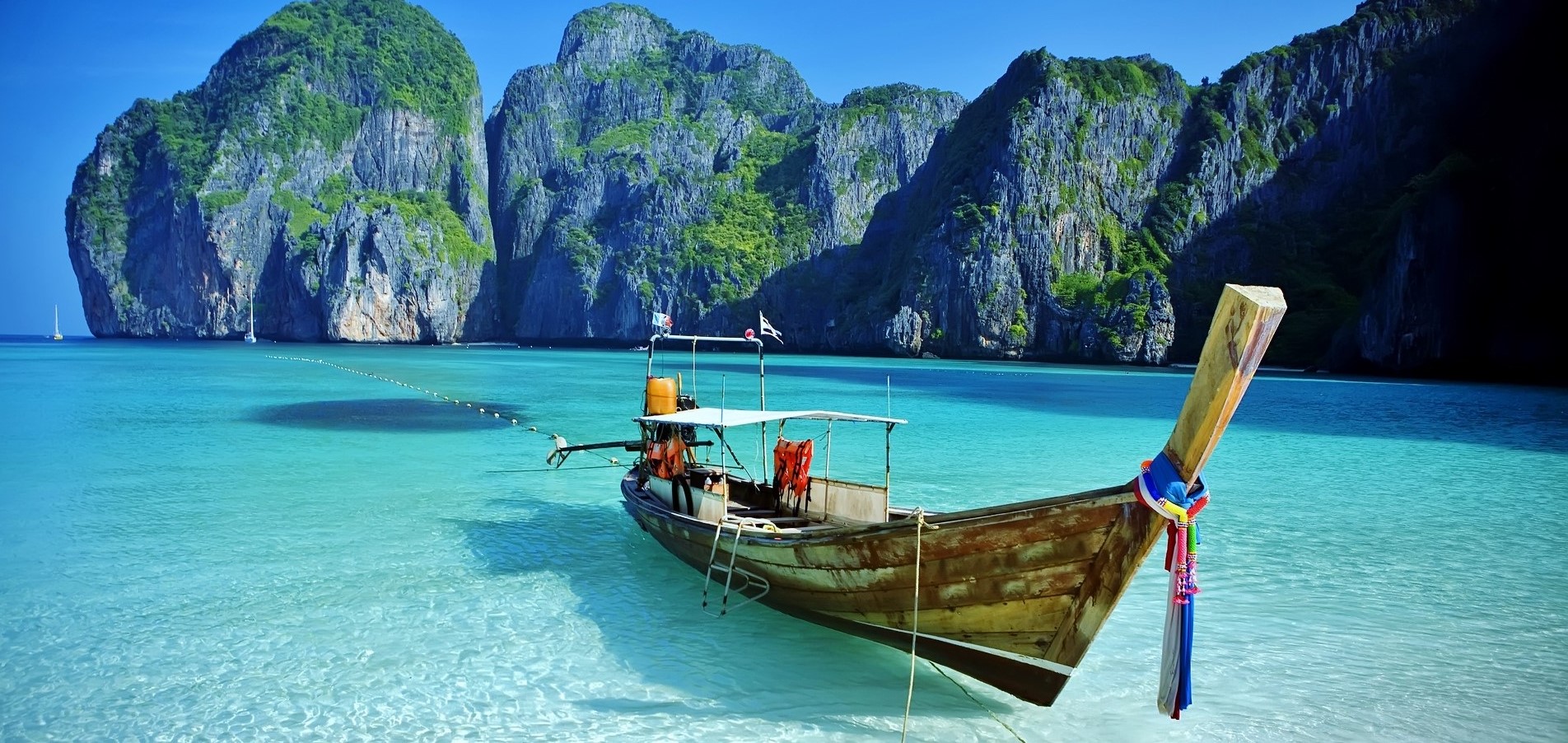

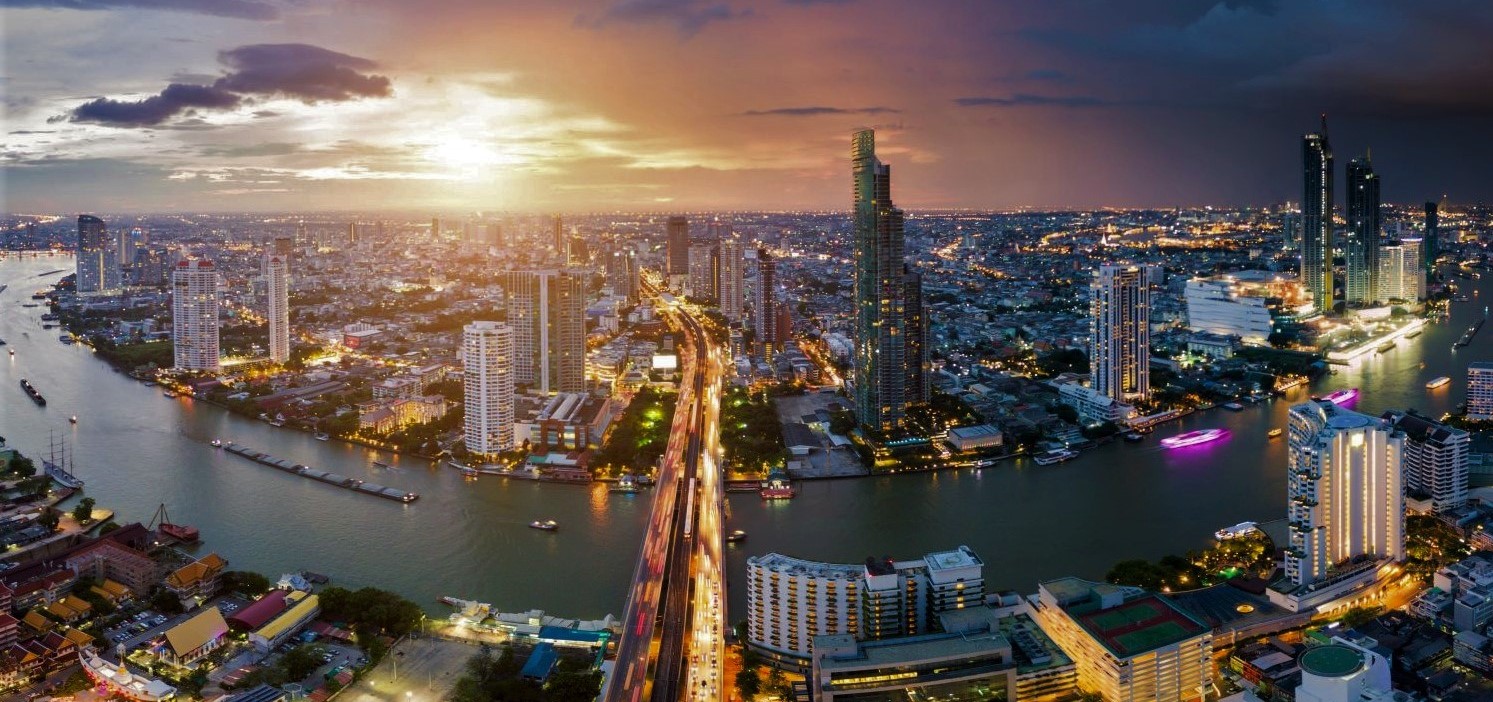
.jpg)
.jpg)
.jpg)

.jpg)
.jpg)
